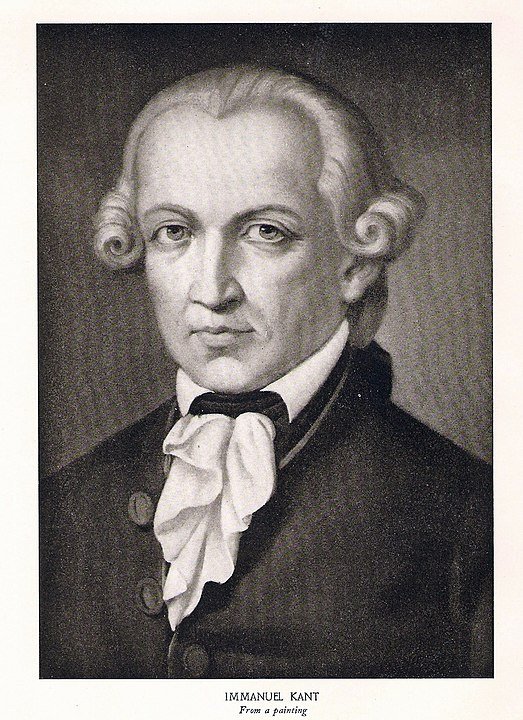
(photo credits)
Immanuel Kant was a German philosopher who is widely considered to be one of the most important figures in Western philosophy. In his work, Kant developed a theory of aesthetic judgment that emphasized the importance of psychical distance in the response and appreciation of art. According to Kant, the aesthetic experience involves a subjective feeling of pleasure that arises when we observe an object that is beautiful. This feeling is distinct from any practical or moral judgments that we may make about the object.
Kant believed that psychical distance was a necessary condition for the aesthetic experience because it allowed us to appreciate an object’s beauty without being distracted by its practical or moral uses. In other words, psychical distance allowed us to focus on the object’s form, rather than its function. For example, a viewer may appreciate the way in which a sculpture captures the fluidity of movement without being concerned with the practical use of the sculpture.
He also believed that the experience of beauty was universal and objective, rather than subjective. He argued that there were certain characteristics of beautiful objects that were universally appealing, such as simplicity, clarity, and harmony. These characteristics were not dependent on individual taste, but rather on the objective qualities of the object itself.
However, Kant’s theory of psychical distance has been criticized for being too restrictive. Some critics argue that a complete detachment from the emotional content of an artwork may lead to a lack of engagement and understanding of the work. Others argue that the concept of objective beauty is limiting, as it ignores the subjective nature of aesthetic experience and personal taste.
Despite these criticisms, Kant’s theory of psychical distance remains an important and influential perspective in the philosophy of aesthetics. His emphasis on the importance of objectivity and universal appeal in the appreciation of art has had a significant impact on the way that art is evaluated and understood today.
Leave a Reply